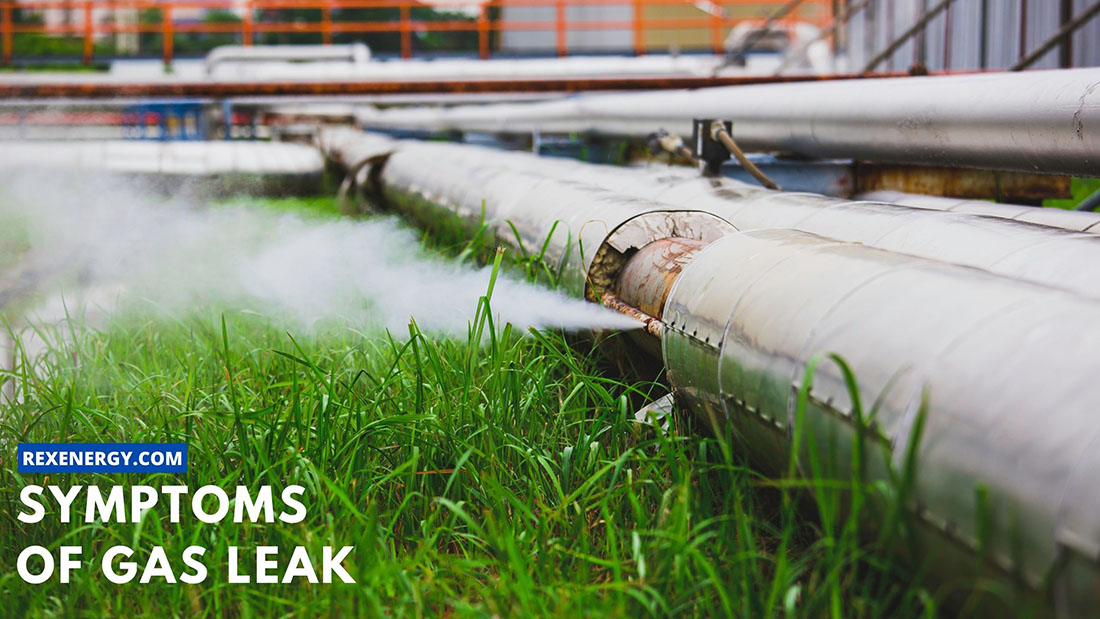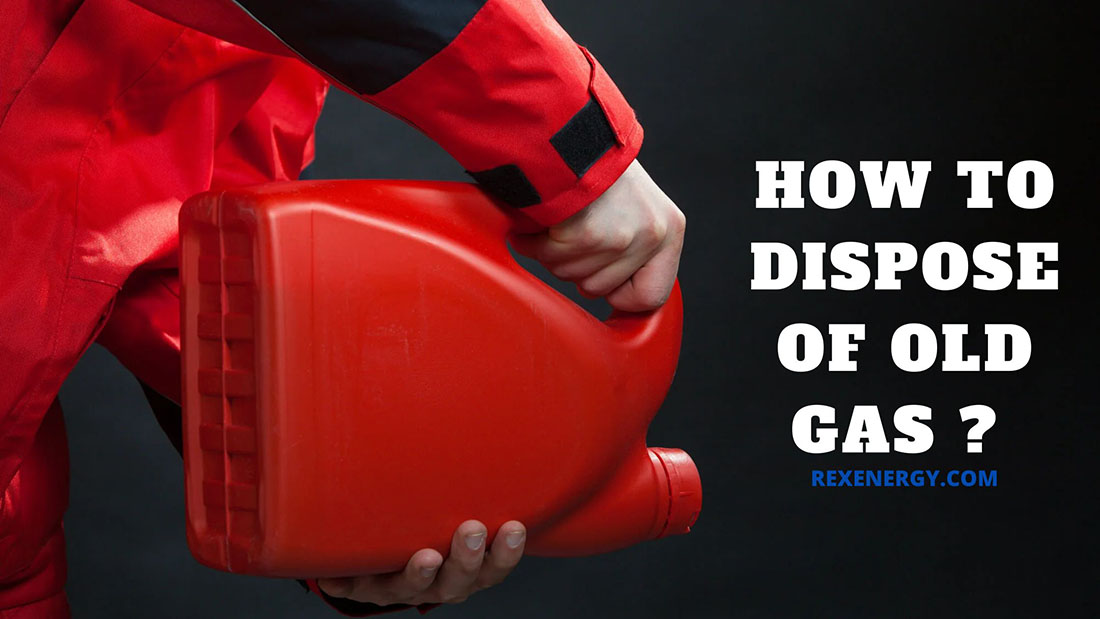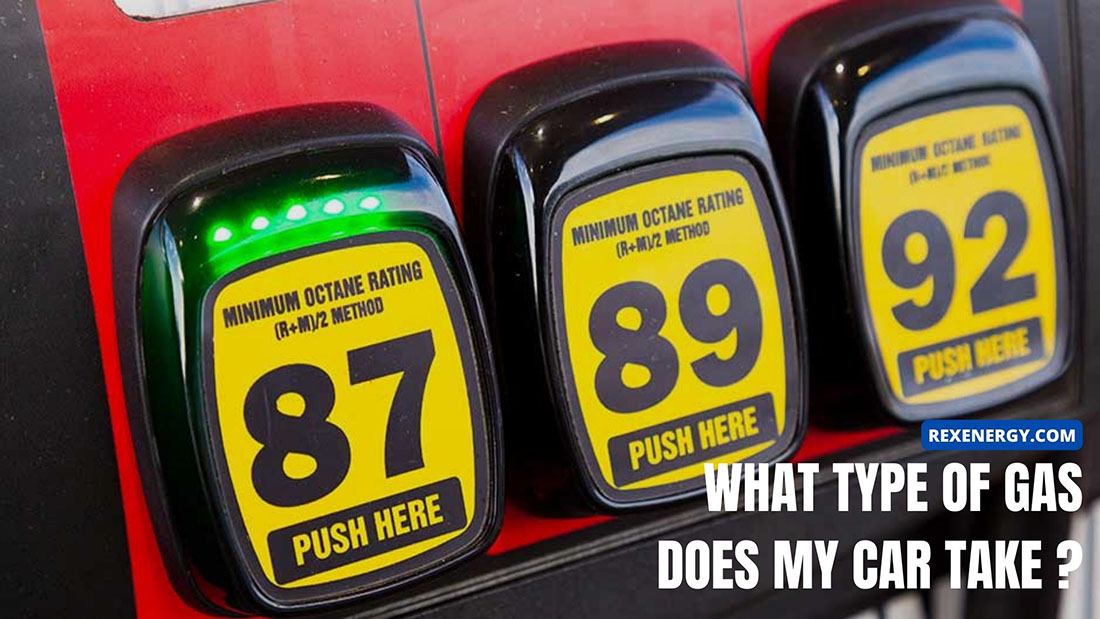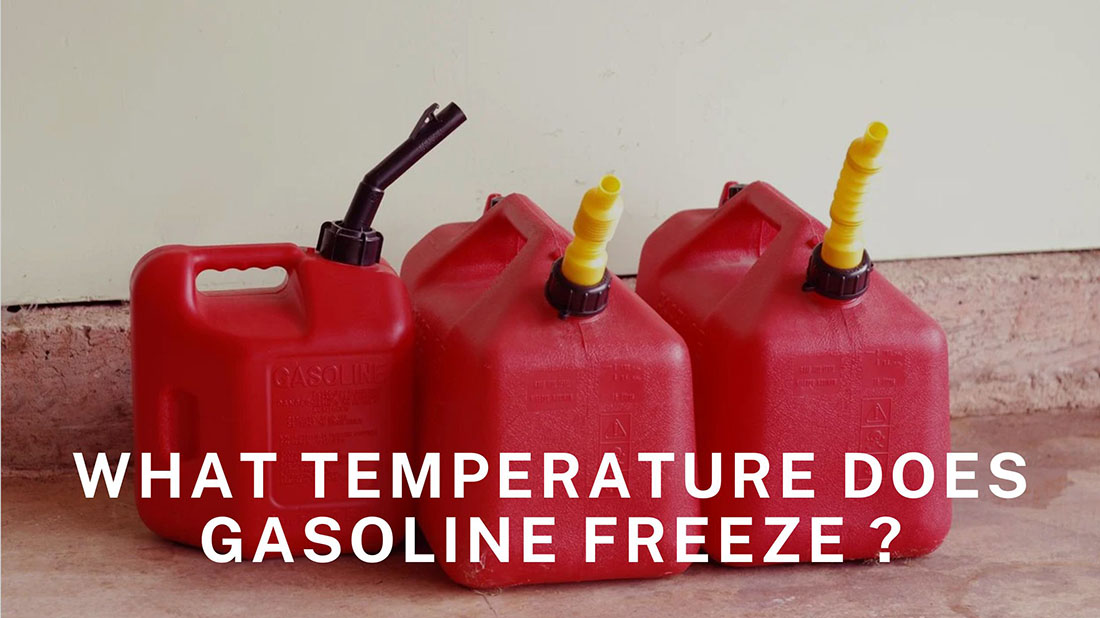Despite being one of the most common household accidents, gas leaks are easy to handle if you can recognize all the early signs. Our article will outline how to tell if you have a gas leak and further steps to prevent it.
Why Gas Leak Is Dangerous?
According to NFPA’s research from 2012 to 2016, there was an estimated average of 125,000 gas leak incidents in the US every year.
Gasoline is known for its high flammability and releases explosive vapors into the air once leaked, putting your family and property at severe risk. Even a spark from a pilot light, electrical switch, or any other appliance in your house might trigger a huge fire.
In enclosed spaces, propane or natural gas will displace oxygen, causing severe breathing difficulties and suffocation. Odorless carbon monoxide from incomplete fuel combustion also leads to dizziness, headaches, nausea, and fatal poisoning. If these symptoms are not properly treated, chronic health issues will be inevitable in the next few years or even for the rest of your life.
What Are The Natural Gas Leak Symptoms
Leaked gas produces a strong, sulfur-like smell and a loud hissing sound that is hard to ignore. Dying plants and air bubbles in water outside your home are another clear indicator. You should also double-check the fuel tank if your gas usage suddenly increases without reason.
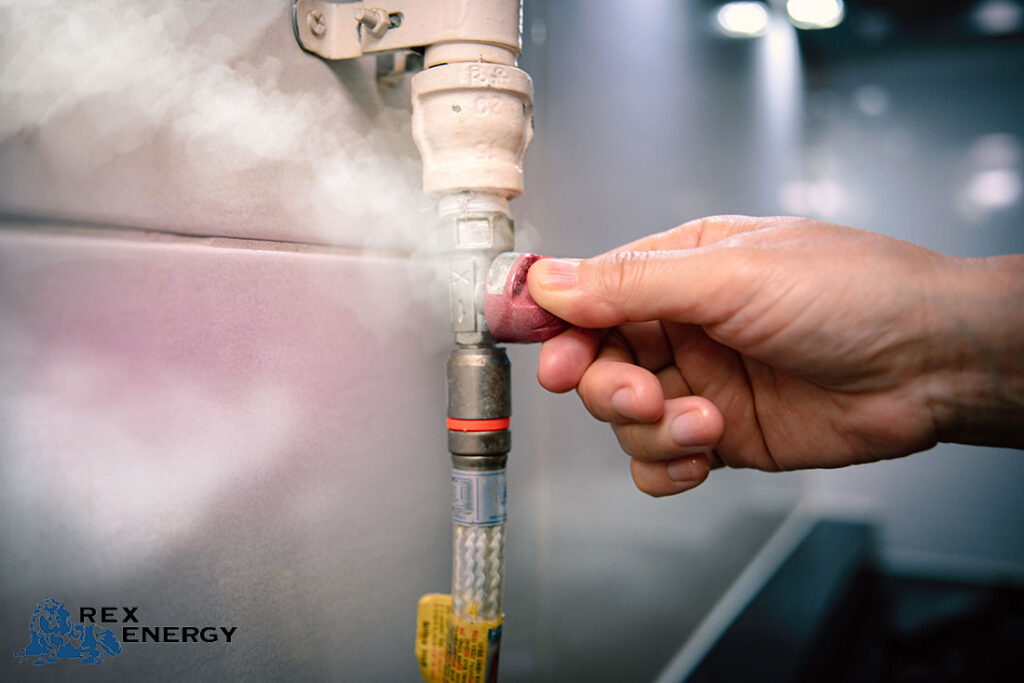
Strong Rotten Egg Smell
Gas is naturally colorless and odorless, making it quite difficult for most people to recognize accidental leaks.
To address this, gas companies add extra odorants, mostly mercaptans, to the fuel to create a distinctive, sulfur-like smell. So, if this unpleasant odor fills the air and gets stronger over time, it’s clearly one of the leaking gas symptoms.
Hissing Sound
Excessive gas leaks in appliances and pipes usually come with a loud, hissing sound, even when the appliances have been turned off. Double-check them regularly to spot any unusual sounds.
Air Bubbles In The Yard or Garden
Gas leaks do not just occur indoors; they are just as common in underground pipes outside your house. Large air bubbles on mud, puddles, and other types of standing water in the yard or garden indicate the gas has been released into the topsoil and the air.
Dying Plants
It’s equally important to pay attention to your plants and gardens; stunted or dead plants are signs of a gas leak, especially if they have always been properly watered.
Due to the leaks, plant roots cannot absorb oxygen, thereby wilting. Other symptoms of stunted growth are yellow grass patches, smaller-than-usual leaves, and outdoor shrubbery turning brown.
Unusually High Gas Usage
Increased gas usage in colder seasons or during special occasions (e.g., large grilling parties) is normal. But if it suddenly surges without any reasonable explanation, that is a sign of a gas leak in the house; inspect the fuel tank or home generator to confirm your doubts.
Stay Safe During A Gas Leak
The Dos
Leave the house immediately. When you hear a hissing sound, smell a rotten egg odor, or observe any other symptoms that indicate a gas leak, gather everyone to evacuate to a safer place before taking further steps.
Shut off the fuel supply. Do you already have some prior experience? Then, locate the gas valve (usually outside the house or building) and turn it off. Switch off the individual appliance valves as well if they are still turned on.
Contact emergency services. Call your gas company or an emergency service, and provide the necessary information about your location, the gas leak, and other relevant details.
Keep others from entering. Warn your neighbors and acquaintances to stay far from the affected area until the gas leaks have been confirmed and properly handled.
Seek medical support. Do you or any of your family members experience unusual physical symptoms from gas exposure, like nausea, chest pain, or throat irritation? If yes, immediately seek medical help.
The Don’ts
Do not use open flames. Avoid candles, lighting matches, or anything that ignites a spark. An explosion might happen at any time if you are not careful.
Do not start your car. Do not start the engine if the leaks occur outdoors and near your car. That will potentially ignite the gas vapor in the air and end up with an explosion.
Do not search for the source of the leak if you are not experienced. Fumbling around the gas tank without any expertise only makes it worse. Just leave it to the emergency service or someone else more experienced.
Do not leave your pets and children unsupervised. Children and pets have weaker immune systems than grown-ups. As a result, they are even more vulnerable to CO poisoning, headaches, and nausea due to excessive gas exposure.
Always keep a close eye on them to detect unusual symptoms early; if you have to pass by areas with contaminated air, use a cloth to cover the kids’ noses and mouths.
Prevention Tips
Use a leak detector. You can install a detector, like a CO detector, to confirm any leak in your house. This device comes in handy if a leak occurs in a well-ventilated area since you cannot smell the fuel there.
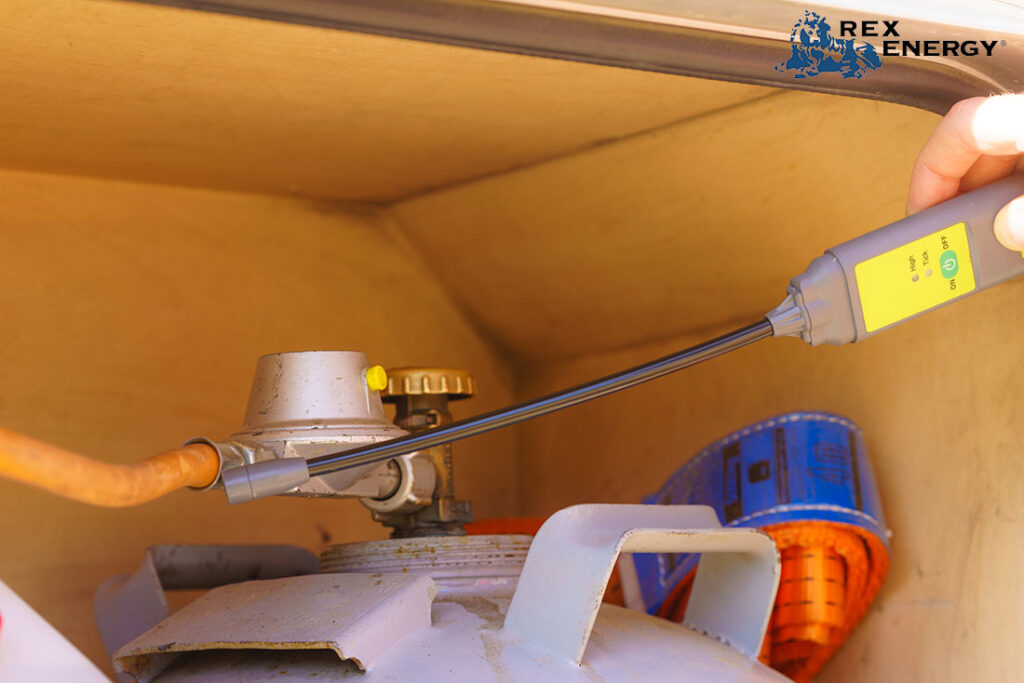
Check the gas regularly. Rely on the symptoms of a gas leak listed above to identify potential issues. Remember to do it at least once every day.
Replace old fuel fittings and valves. Are most of the gas lines in your house already past their prime? It’s time to replace them all. The workload involves removing old fittings, installing new ones, double-checking their integrity, etc. We suggest contacting a professional rather than doing it yourself.
Learn where to shut the gas supply. As briefly mentioned, every household has a shutoff valve for gas supplies. Make sure all your family members and children know where it is, which would be very helpful in case of a leak.
Conclusion
Hopefully, some of the most common symptoms listed above help you know how to tell if you have a gas leak. Extra safety tips and preventive methods for future gas usage are also introduced, so always keep them in mind to guarantee everyone’s safety.

